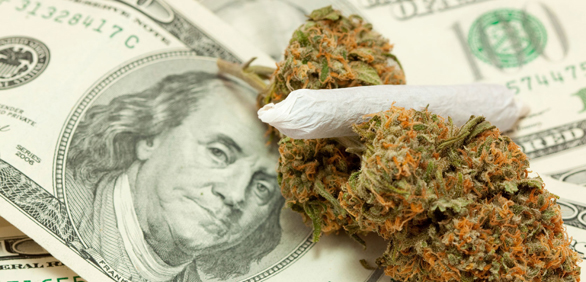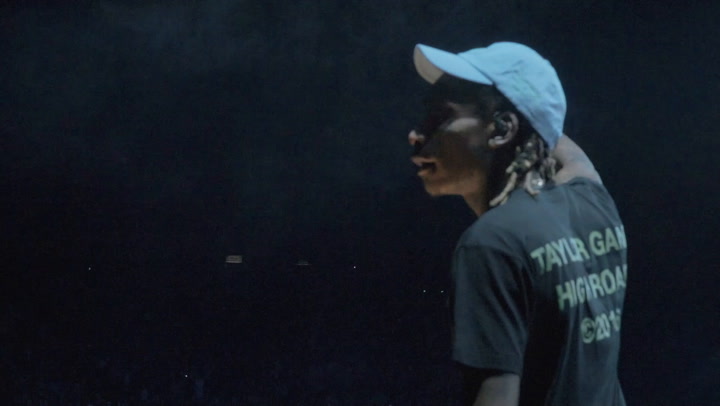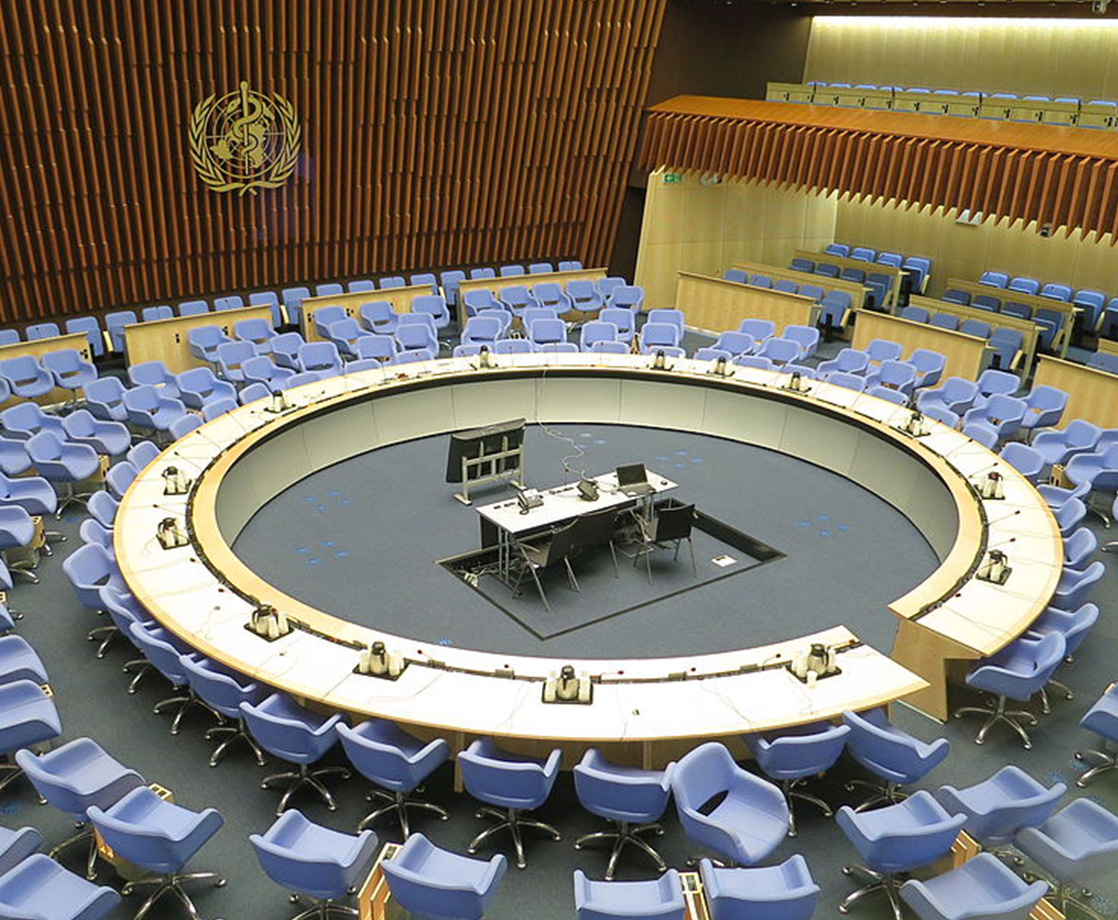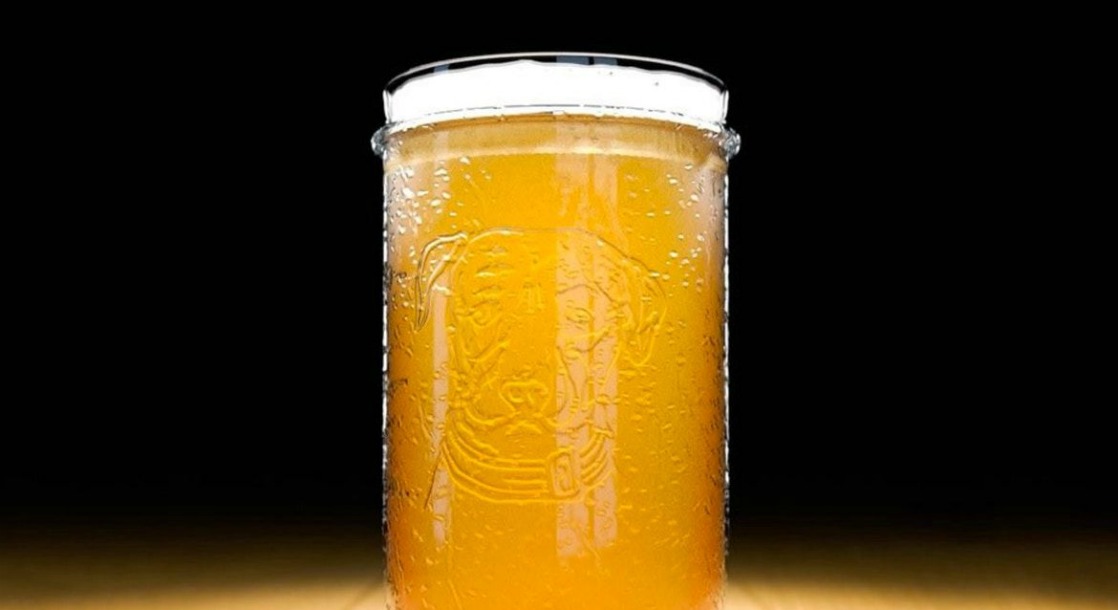Year after year, the United States of America has been pouring money into a variety of war efforts, both at home and overseas. Unfortunately, spending hundreds of billions of dollars annually on protecting our great nation is doesn't go unnoticed—especially by upset taxpayers.
Though there are troops overseas, on home soil the government has poured over one trillion dollars on the controversial War on Drugs in just over four decades. More specifically, roughly 50 billion dollars are spent on this "war" annually, with most of that budget spent on petty possession charges.
Recently, the President of the United States himself spoke ill about the lack of progress made by the effort—and that's saying something. To put all of this spending into perspective, here are some of the (way more fun or useful) things that could've been purchased with the one trillion dollars that have effectively been thrown away.
1000 Hospitals
With increasing populations comes increasing needs for hospitals. New, high-tech hospitals cost universities roughly one billion dollars per structure. These large and advanced facilities could go a long way when it comes to, you know, caring for our country’s citizens.
20,000 Schools
A two-story school in the United States costs 10’s of millions of dollars. Assuming the average is roughly $50 million, the War on Drugs money could've provided the most populous American cities with less crowded classrooms and exponentially happier teachers. Education > incarceration, people!
4,545,455 Undergraduate Degrees at Harvard
The average cost to attend Harvard to receive a bachelor’s degree is almost $55,000 a year, which means a four-year degree would set you back $220,000. Again, education never hurts when it comes to making positive change. Why not invest in students instead of a wasted effort?
6,666,666,667 Weeks of Groceries
That’s well over 128 million years worth of groceries for an average four-person, American family. Now imagine how many people that money could have fed.
142,857,142,857 Meals at Chipotle
The war on drugs could feed the entire country a delicious burrito 448 times (less, if you order guacamole).
5,000,000 Lamborghinis
5 million Lambos. 5 million. That's more than we've ever seen in our lives. But with the War on Drugs money, a percentage of the population could experience serious luxury. But realistically, knowing how the government works, it would more likely lead to a large number of politicians driving around in these supercars as we watch on the sidelines.
5,000,000 Houses
If the US government bought just 1 million homes, the remaining 80% of their budget could pay for food, upkeep, and job training for the homeless population across the United States. Depending on the market, this could basically eliminate the problem of homelessness, create more jobs, boost the economy and help America prosper.
37,037,037 Weddings
The average wedding costing newlyweds roughly $27,000. Marriage is no small (financial) joke! Engaged couples pinch pennies for months or even years to save up for the best day of their lives. It would be pretty nice for the government to help these couples have the wedding of their dreams instead of pouring money into making life miserable for hundreds of thousands they prosecute annually.
100,000,000,000 Grams of Marijuana
For the cost of War on Drugs, the government could have bought trustworthy cannabis for everyone that needed it. This hypothetical situation could have had the potential to reduce crime and violence over the flower and actually benefit society.
The War on Drugs has been frowned since the beginning, especially due to the cost-benefit comparison. Taxpayers are more likely to support subsidizing any of the above-mentioned spending than continuously pouring money in an endless battle that isn’t pushing our nation forward. Now would be a great time to rethink the outrageous budget dedicated to this effort and put the money saved into something that is far more meaningful and tangible (okay, I guess we'll have to leave the Lambos out). Just imagine – instead of the War on Drugs, we could have actually made serious progress in feeding, sheltering and caring for the population.











